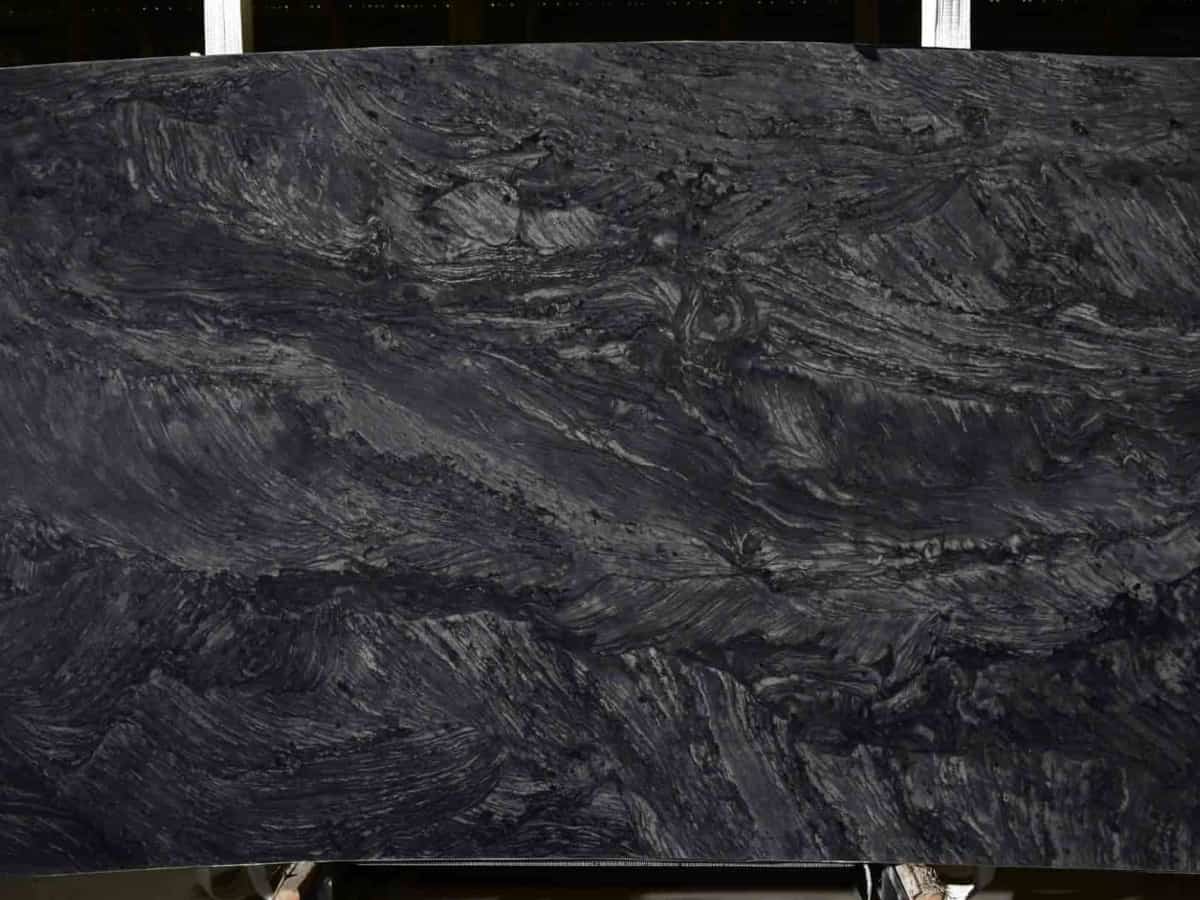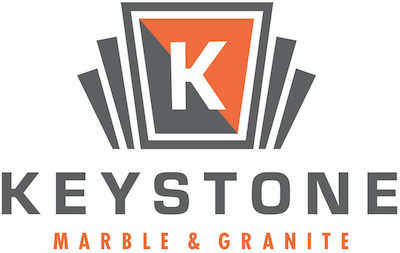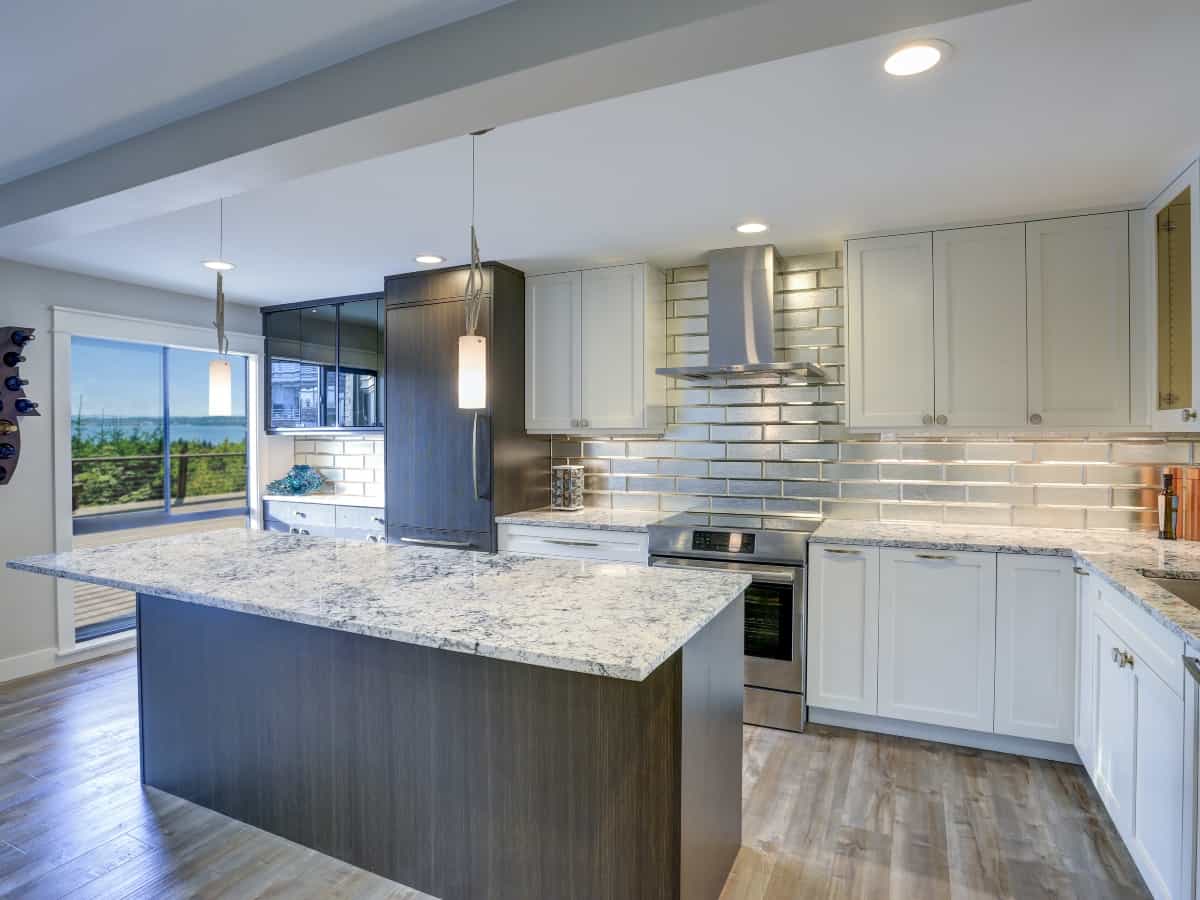Quartzite is one of the most popular materials for countertops among homeowners and interior designers. It is a metamorphic rock, which is formed through a metamorphic process.
In other words, when the sandstone faces immense heat and pressure, it turns into interlocking quartz grains; thus, quantize is formed. It can look different depending on where it originates from. It is a fantastic option for anyone looking for affordable countertops but doesn’t want to sacrifice quality and a chic appearance. Yet there are also certain cons of quartzite countertops.
This article will explain all of the cons and pros of quartzite countertops to help you make the best-informed decision.
Pros of Quartzite Countertops
- Appearance
Quartzite is known for its gorgeous and timeless look, which is one of the most attractive pros of quartzite countertops. It has a very similar appearance to marble.
Still, it can be a great alternative as it has gorgeous looks without being so high maintenance—this combination of beauty and durability results in quartz countertops adding significant value to your house. If you ever decide to resell it, your kitchen countertops will be a great selling point. Quartzite is a natural stone.
Therefore, it has an organic and earthy feel that can’t be replicated with engineered stones.
- Versatile
Quartzite is usually found in white, cream, and light gray tones. Although it isn’t available in every color, you can find quartzite slabs with blue, green, gold, pink, and brown hues. These colors won’t be prominent, yet they will bring an eye-catching elegance to the stone.
As mentioned, it is very similar in appearance to marble. Therefore, it has similar characteristics. For example, it is timeless and can fit into every interior design style. This makes it very versatile as you can pair it with anything from farmhouse chic to eclectic, mid-century modern to industrial, and anything in between.
- Durability
Quartzite is known for its hardness, especially considering it is a natural stone. For example, it is harder than granite, a stone quartzite often compared to. Although it is not as hard as certainly engineered counterparts, its composition makes it resistant to outside factors as long as it is sealed.
However, beware that it can have certain weak points as a natural stone. Furthermore, it is possible to chip the edges, especially with sudden hits. Quartzite is especially resistant to water damage.
When its hardness and resistance to outside factors are combined, the result is a highly durable and long-lasting stone that will not show wear and tear for a long time.
Related Read: How to Clean Quartzite Countertops?
- UV Resistant
If you are interested in building an outside kitchen, quartzite is the best choice there is. Unlike many other countertop materials, it will not fade, darken or acquire any damage from being under sunlight. Combined with the fact that it doesn’t get water damage, this fantastic quality makes quartzite an ideal material for outdoor projects.
- Low Maintenance
Quartzite is a very easy-to-clean stone. As long as it has proper sealing, you won’t have to worry about stains, bacteria, or any other kind of damage.
Furthermore, you don’t need any special cleaning products either. All you need is some mild dish soap mixed in with some warm water, and you have the best solution for daily cleaning. As the sealant wears down over time, you may encounter some stains.
However, as long as you don’t let it go without resealing it for a long time, the stains will be easy to remove with some baking soda. Professionals usually recommend resealing it once a year, but if you notice the shine going away and the surface looking dull, it might be time for a reseal.
- Affordable
Quartzite is more affordable than its natural counterparts, such as marble.
Of course, as with everything else, some options have a higher price tag. For example, if you live in an area with no close quartzite mining facilities, the slabs might have to be imported. Therefore, it will, of course, be more expensive.
Furthermore, certain additions, such as edge details, can cause the countertops to cost more.

Cons of Quartzite Countertops
- Porous
Similar to every other natural stone, quartzite is porous. In other words, it has tiny microscopic holes on its surface. These holes are the reason for stains and bacterial growth. As liquids and dirt seep into these holes, they can cause discoloration.
Furthermore, if the matter that got into the holes is something that can spoil, it can cause mold. As these holes are so tiny, they are impossible to clean.
That is why quartzite must be sealed and resealed so that outside factors can’t penetrate the stone and cause the aforementioned damages.
- Difficult to Install
As mentioned before, quartzite is incredibly hard. Although that is a good quality for homeowners, cutting into the desired shape and size is also challenging. It requires diamond cutters and other specialty tools. In other words, it should be left to the professionals.
Furthermore, as the quality of the installation will determine its longevity, it is best to invest in skilled and experienced installers.
- Can Be Scratched
Although highly durable, it is not indestructible. Sharp objects can damage quartzite countertops. For this reason, it is imperative to use cutting boards.
You may not see immediate damage after cutting straight on top of your countertops, but it might get damaged over time, or the sealant can get weaker.
- Limited Color Choice
Quartzite is available in all of the most popular color options for countertops, such as white and light gray. Although it is not usually available in a wide variety of colors, you can find options with wonderful hues of reddish brown, yellow, gold, dark gray, green, and more.
Furthermore, as a natural stone, quartzite has fantastic and unique patterns, which include swirls, veins, and splatters of these colors.
Conclusion
All in all, quartzite has many advantages and disadvantages. As a natural stone, it has certain weaknesses that engineered stones might not have.
However, its unique appearance, organic and earthy aura, and versatility make quartzite truly one of a kind. There is a reason it is one of the most sought-after materials for interior decoration. Furthermore, it is resilient and durable, making it an excellent investment.
As great as quartzite is, knowing what you are looking for is essential. Before making a final decision, you should weigh all of these pros and cons and determine if quartzite checks all the boxes in your needs list.
Similarly, you should ensure none of the cons of quartzite is a deal breaker for you. If quartzite passes all of these tests for you, it will be your best companion in all your kitchen adventures.


